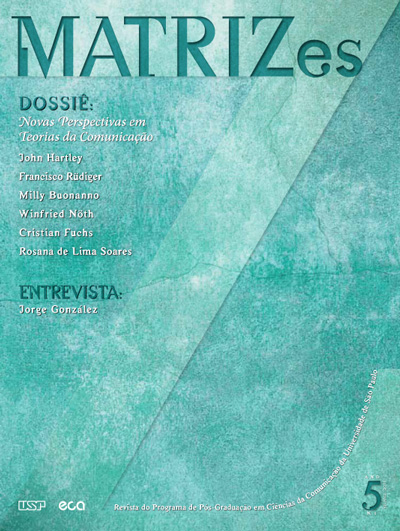How to define surveillance?
DOI:
https://doi.org/10.11606/issn.1982-8160.v5i1p109-136Keywords:
surveillance theory, social theory, neutral surveillance theory, negative surveillance theory, critical surveillance studiesAbstract
The task of this paper is to explore and compare ways of defining surveillance. In order to give meaning to concepts that describe the realities of society, social theory is needed. Therefore social theory is employed in this paper for discussing ways of defining surveillance. “Living in ‘surveillance societies’ may throw up challenges of a fundamental – ontological – kind” (Lyon, 1994, p.19). Social theory is a way of clarifying such ontological questions that concern the basic nature and reality of surveillance. A distinction between neutral and negative concepts of surveillance is drawn. Some potential disadvantages of neutral concepts of surveillance are outlined. This paper wants to contribute to the discussion of how to best define surveillance and wants to show that one of the main theoretical differences and questions in surveillance theory is if surveillance should be defined as a negative or a neutral concept.Downloads
Download data is not yet available.
Downloads
Published
2011-12-15
Issue
Section
Dossier
License
Authors who publish in this journal agree to the following terms:
- Authors retain the copyright and grant the journal the right to first publication, with the work simultaneously licensed under the Creative Commons Attribution License (CC BY-NC-SA 4.0) which allows sharing of the work with acknowledgment of authorship and initial publication in this journal for non-commercial purposes.
- Authors are authorized to assume additional contracts separately, for non-exclusive distribution of the version of the work published in this journal (eg, publishing in institutional repository or as a book chapter), with acknowledgment of authorship and initial publication in this journal.
How to Cite
Fuchs, C. (2011). How to define surveillance?. MATRIZes, 5(1), 109-136. https://doi.org/10.11606/issn.1982-8160.v5i1p109-136






















